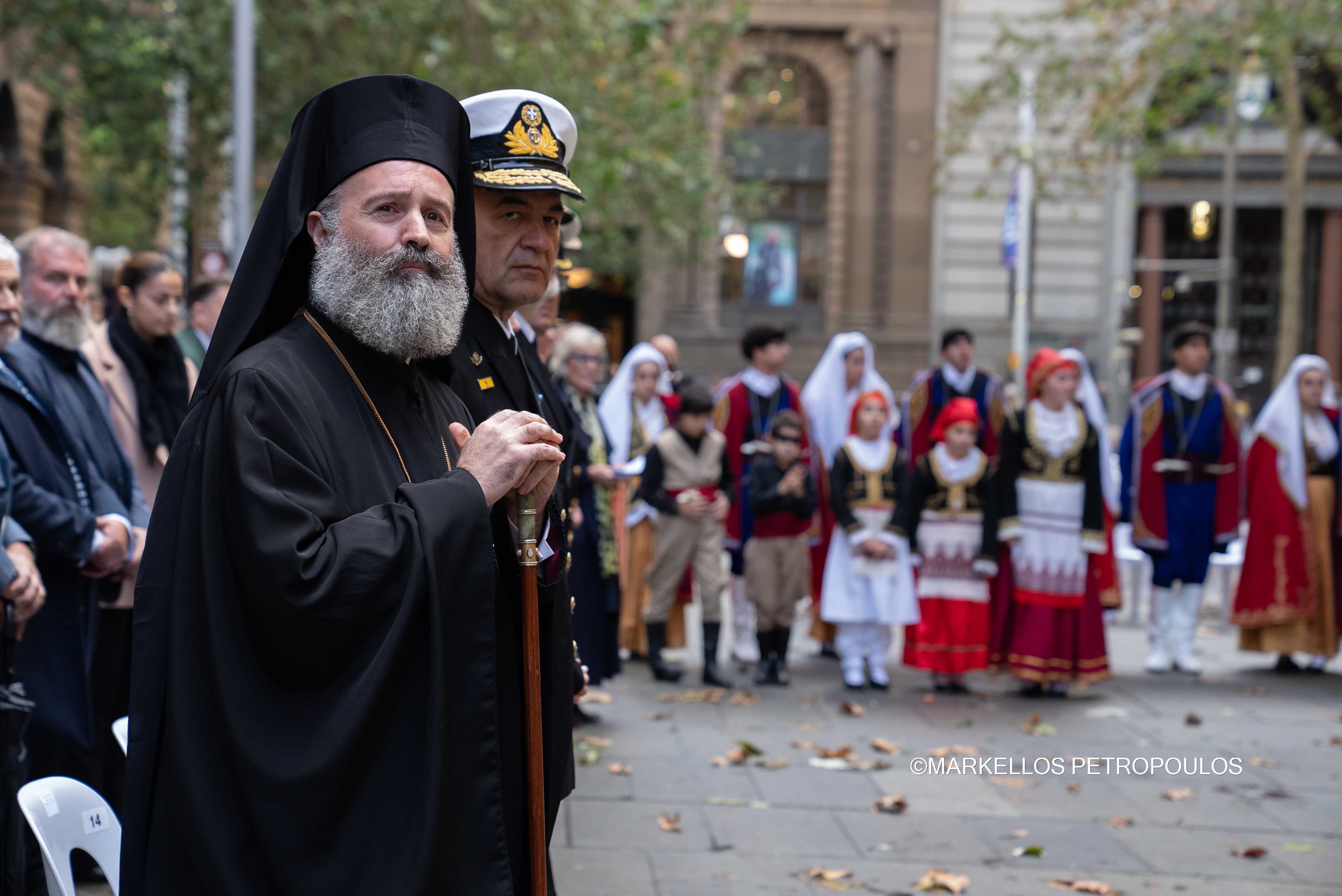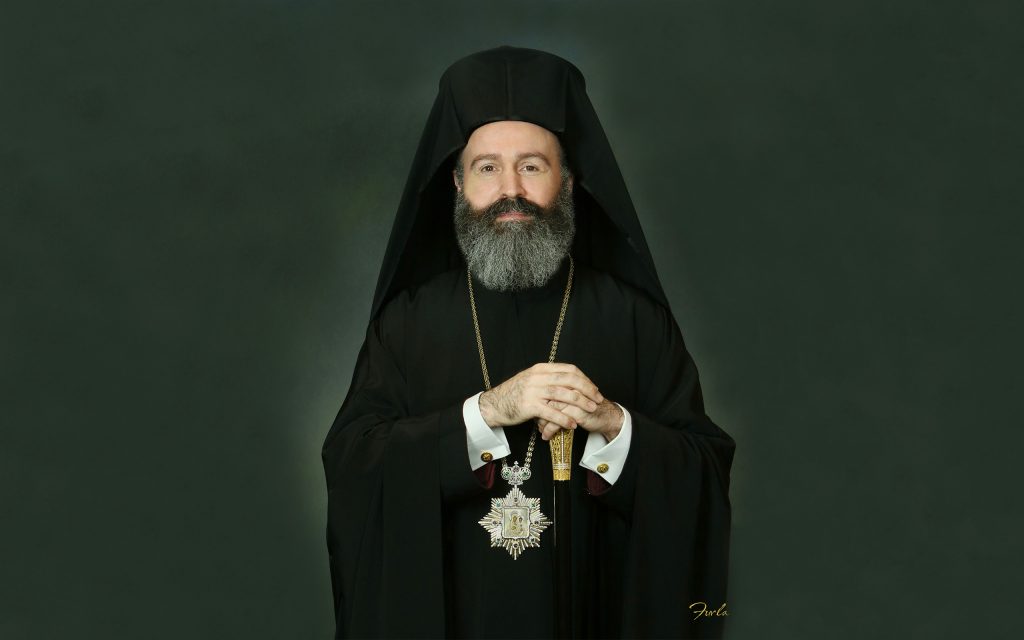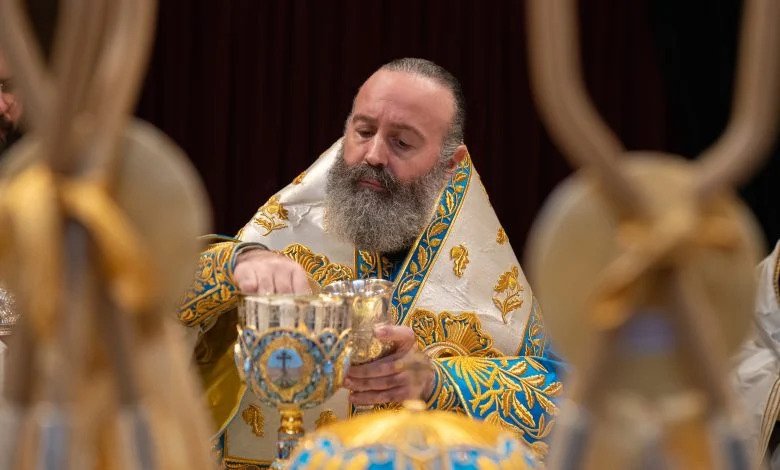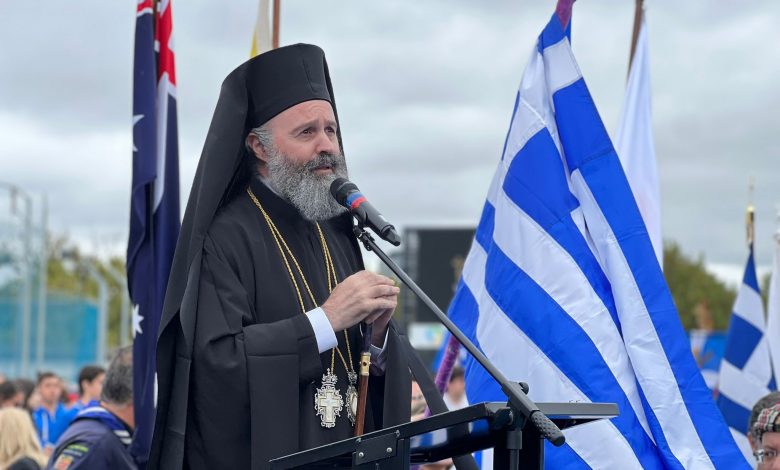
On a day like today, exactly 83 years ago, the spring sun in the sky of Crete was hidden by swarms of German warplanes. The island’s inhabitants woke up to the sounds of bombings. The nightmare of war, which had soaked the European continent in blood in the preceding months, was now knocking at their door.
Our heroic ancestors did not allow fear to conquer their souls, nor did they contemplate surrendering their land unarmed to the invaders. Deeply rooted in their consciences were the ideals of freedom and human dignity; ideals for which many generations of Cretans had sacrificed throughout the centuries. And these ideals commanded them to resist with courage and unanimity – men and women, young and old – and to shed their blood if needed in a struggle, which from the beginning seemed unequal.
Rivers of blood indeed soaked the Cretan land both during the historic Battle of 1941 and after its occupation by the powerful invaders. However, the valour shown by the people of Crete became synonymous with the indomitable spirit and a shining example for those who continued to fight in an attempt to stem the Nazi rampage.
The uplifting of the morale of other nations and the rekindling of resistance to the Italo-German Axis, as well as the delay of Operation “Barbarossa” on the Eastern Front, were the reasons why the significant contribution of the Battle of Crete to the final outcome of World War II has been internationally recognised. At the same time, many have wondered, including British historian Alan Clark: “How different would the course of history have been if a year earlier the inhabitants of the West had shown the same courage as the Cretans did during the German invasion of their lands?” The answer to this rhetorical question is obvious and highlights the most valuable lesson our heroic ancestors have to teach us: that it is possible to alter the – seemingly predetermined – course of history, as long as we fight courageously to defend our ideals and values.
It is a great blessing that we can draw such useful and tangible lessons from the recent history of our homeland. Even greater is the blessing for us Greeks of the fifth continent, as at the same time, on the same pages of history, we discover aspects of the strong and sincere friendship that binds the peoples of Greece and Australia. A friendship forged in the mountains and valleys of Crete in May 1941 when the ANZAC Corps fought selflessly to repel the German invaders as if defending their own lands, their own homes, their own families. A friendship that was also forged in homes, churches and monasteries of the island, where the inhabitants, including the clergy and monks, with generosity of spirit sheltered and protected the soldiers who had been left behind after the Allies ordered the evacuation of the island.
For all these reasons, we have a double duty to remember and honour the heroes of the Battle of Crete. May their memory be eternal, and may we always have as our guiding principles the ideals for which they fought and sacrificed!


